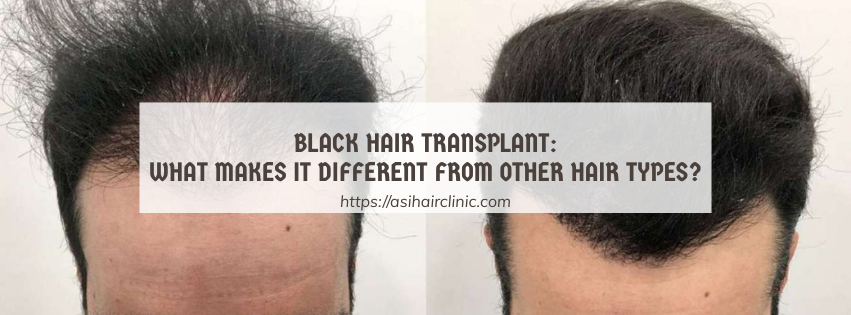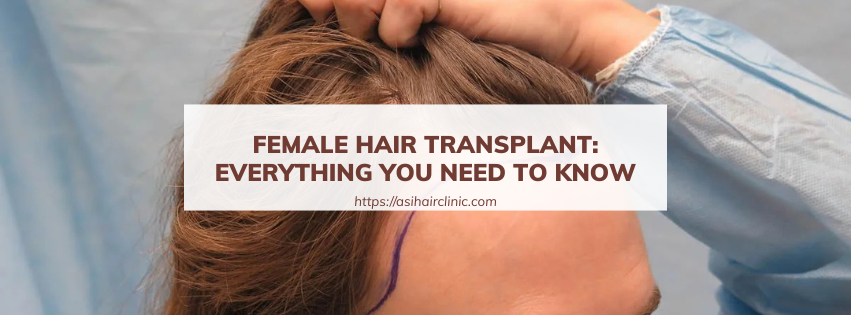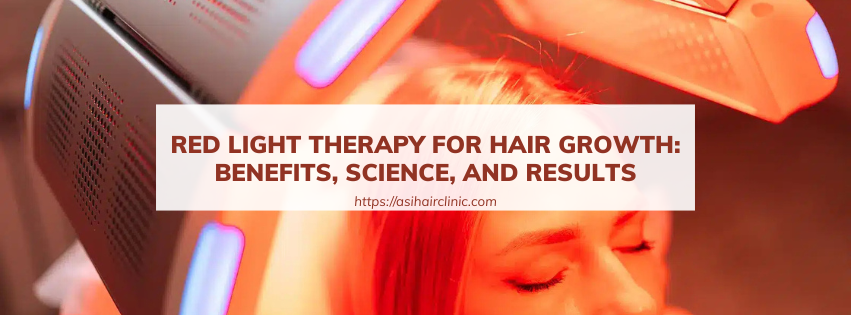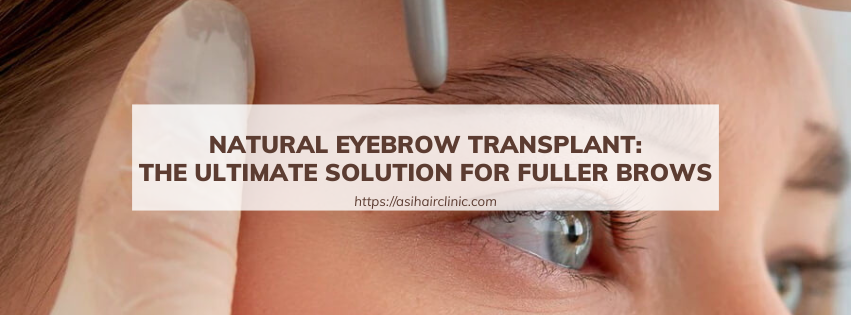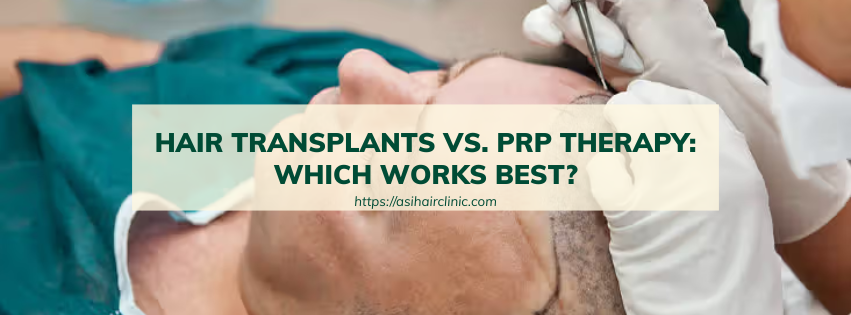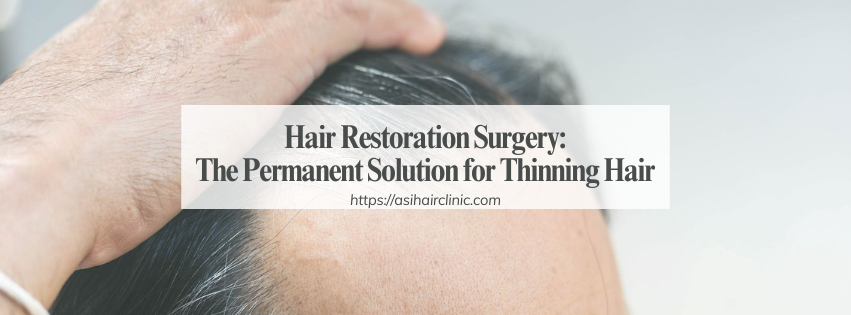Anemia Hair Loss: Signs, Symptoms, and Remedies
Anemia is a condition that can have a profound impact on various aspects of health, one of which is hair loss. This article explores the intricate relationship between anemia and hair loss, shedding light on the signs, symptoms, and effective remedies available for those experiencing these interconnected issues. By understanding how anemia affects our bodies, particularly in terms of hair health, readers can take actionable steps towards addressing their concerns.
1. Understanding Anemia Hair Loss
In order to comprehend the link between anemia and hair loss, it is important to first understand what anemia is and its various forms. Anemia is characterized by a deficiency in red blood cells or hemoglobin, resulting in reduced oxygen transport throughout the body. The causes can vary widely, from nutritional deficiencies to chronic diseases.
1.1. The Physiological Basis of Anemia
At its core, anemia is primarily a reduction in the blood's capacity to carry oxygen. Hemoglobin, found within red blood cells, binds to oxygen in the lungs and releases it to tissues across the body. When there’s a drop in red blood cell count or hemoglobin levels, the body's organs-including hair follicles-may not receive the necessary oxygen they need to function optimally.
The physiological impact of anemia extends beyond fatigue and weakness; it can significantly affect hair growth. Healthy hair relies on an adequate supply of nutrients and oxygen, which are compromised when anemia occurs. Therefore, understanding the type of anemia affecting an individual is crucial for devising an appropriate treatment plan.
1.2. Common Types of Anemia
There are several distinct types of anemia, each with its own underlying causes:
- Iron-Deficiency Anemia: This is the most prevalent form of anemia, stemming from insufficient iron in the body. Since iron is vital for hemoglobin production, its deficiency directly impacts red blood cell generation.
- Vitamin B12 Deficiency Anemia: A lack of vitamin B12 can lead to pernicious anemia, where large and immature red blood cells fail to function correctly. This type of anemia often requires dietary changes or supplements.
- Folic Acid Deficiency Anemia: Folate is essential for DNA synthesis and red blood cell formation. A deficiency can hinder the development of healthy red blood cells.
- Aplastic Anemia: This rare condition results from the bone marrow's failure to produce enough blood cells, often due to factors like toxins or autoimmune disorders.
Understanding these different types of anemia is essential when identifying potential links to hair loss, as the treatment approach may vary significantly based on the specific cause.
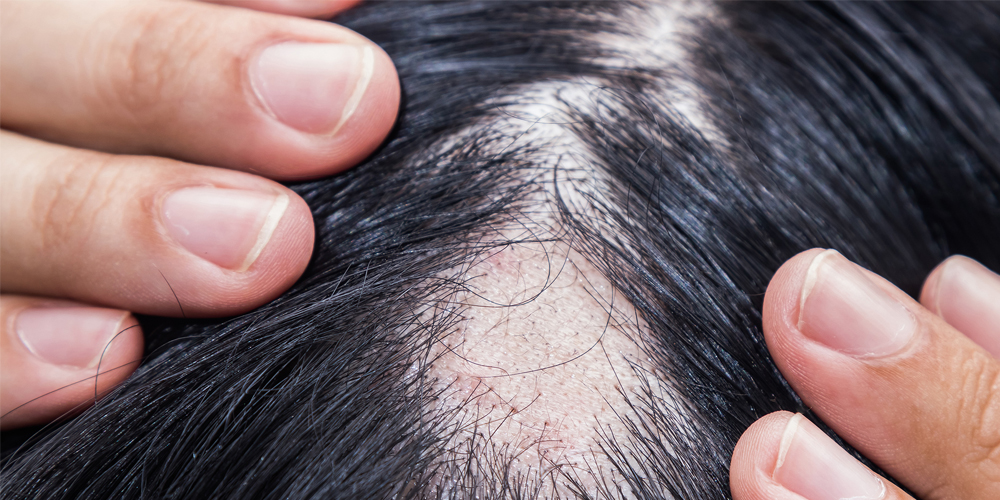
2. The Link Between Anemia and Hair Loss
The connection between anemia and hair loss, particularly in cases of iron-deficiency anemia, is well-established but often overlooked. Hair loss can manifest in several ways when an individual suffers from anemia. Recognizing these manifestations is crucial for early intervention.
2.1. Factors Contributing to Hair Growth Disruption
Hair growth is inherently complex, influenced by multiple factors including hormonal balance, nutrition, and overall health. In individuals with anemia, the disruptions caused by insufficient red blood cells can create a cascading effect on hair health.
- Oxygen Delivery: Adequate oxygen supply is critical for healthy hair follicle function. When someone is anemic, the diminished oxygen-carrying capacity of the blood restricts oxygen flow to the hair follicles, leading to weakened follicles and increased shedding.
- Nutrition and Protein Synthesis: Hair is composed mainly of keratin, a protein that requires a variety of nutrients for proper synthesis. Iron plays a key role in this process. When iron levels drop, the body prioritizes essential functions over hair growth, leading to hair fall.
- Stress on the Body: Anemia often comes hand-in-hand with fatigue, dizziness, and other symptoms that can add psychological stress. Stress has been linked to various forms of hair loss, including telogen effluvium-a temporary condition characterized by excessive shedding.
By understanding these factors, individuals can better appreciate why they may be experiencing hair loss in conjunction with anemia and seek appropriate remedies.
2.2. Recognizing Hair Loss Associated with Anemia
Hair loss related to anemia often presents with distinctive characteristics that set it apart from other forms of alopecia. Identifying these traits is essential for diagnosis:
- Telogen Effluvium: This condition leads to widespread hair shedding, usually triggered by stressors like nutritional deficiencies. Anemia may serve as a significant contributor to this phase of the hair growth cycle.
- Diffuse Thinning: Unlike patchy hair loss seen in conditions like alopecia areata, anemia-related hair loss tends to manifest as general thinning across the scalp.
- Changes in Hair Texture: Individuals with anemia may notice their hair becoming brittle, dry, and prone to breakage, exacerbating the appearance of hair loss.
Recognizing these signs and symptoms can empower individuals to seek medical evaluation and prompt interventions.
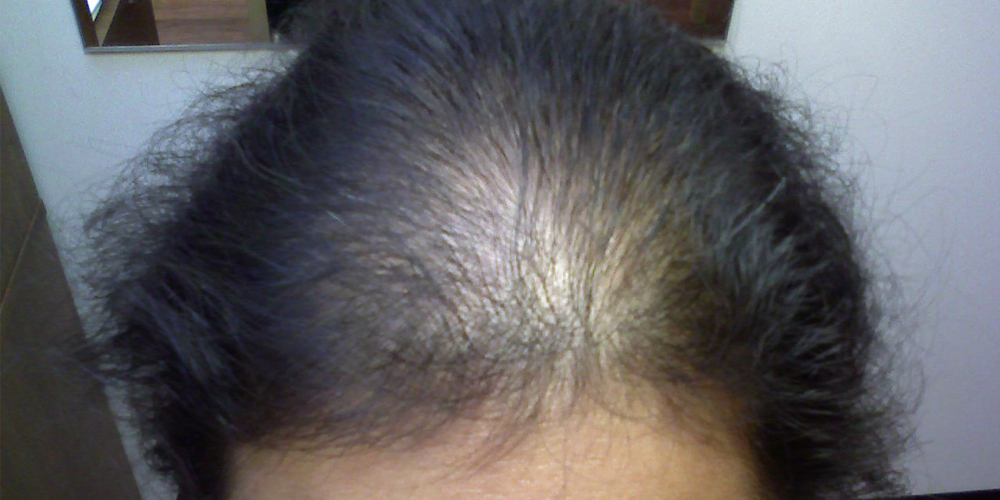
3. Diagnosing Anemia-Related Hair Loss
If you suspect that your hair loss may be related to anemia, seeking medical attention is vital for accurate diagnosis and treatment. The diagnostic process typically involves several tests designed to assess blood health.
3.1. Comprehensive Blood Testing
A healthcare professional will likely order a series of blood tests to determine if anemia is present and identify its type. Key assessments include:
- Complete Blood Count (CBC): This test measures various components of blood, including red and white blood cells and platelets. Results can indicate whether anemia exists and its severity.
- Iron Studies: These tests evaluate serum iron levels, ferritin (iron storage), and transferrin (iron transport). An imbalance here can confirm iron-deficiency anemia.
- Vitamin B12 and Folate Levels: Evaluating these nutrient levels helps identify deficiencies that might contribute to anemia and hair loss.
- Peripheral Blood Smear: Microscopic examination of blood can reveal anomalies in red blood cell size and shape, providing insights into the type of anemia.
This comprehensive testing approach allows healthcare providers to develop personalized treatment strategies for addressing both anemia and related hair loss.
3.2. Interpreting Test Results for Targeted Treatment
Once the relevant tests are completed, understanding the results is critical for effective treatment. For instance:
- If iron deficiency is confirmed, supplementation and dietary modifications focusing on iron-rich foods can help restore normal levels quickly.
- If a vitamin B12 or folate deficiency is identified, appropriate supplementation can be initiated, alleviating symptoms and reducing hair loss.
- In more severe cases, further investigation may be warranted, such as evaluating for chronic illnesses contributing to anemia.
By taking a targeted approach informed by lab findings, individuals can work collaboratively with their healthcare provider to address both the anemia and its associated hair loss effectively.
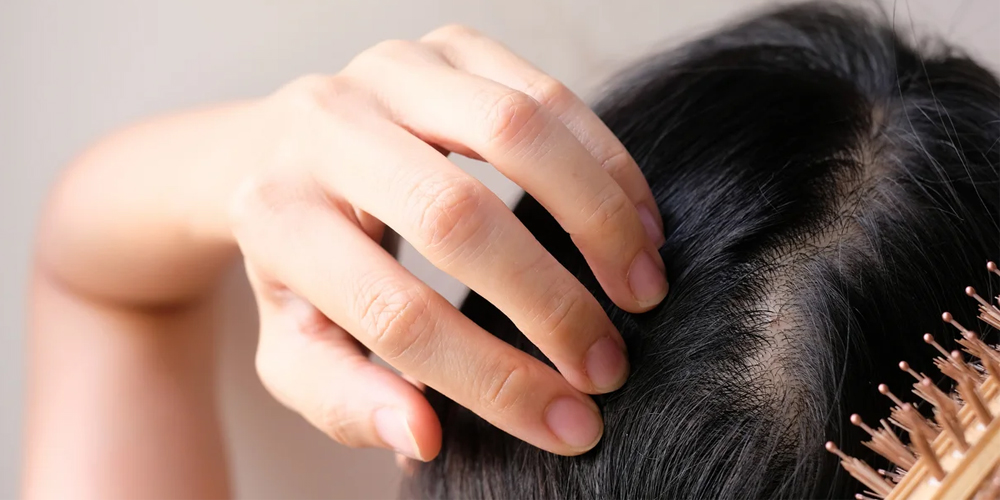
4. Remedies for Anemia-Related Hair Loss
Treating anemia and its associated hair loss requires a multifaceted approach that targets the underlying cause while promoting overall hair health. Here, we explore some common treatment strategies.
4.1. Nutritional Supplements
One of the most effective methods for combating anemia is through supplementation. Depending on the type of anemia diagnosed, healthcare professionals may recommend:
- Iron Supplements: For those with iron-deficiency anemia, oral or intravenous iron supplements can effectively replenish iron stores. It's essential to adhere to recommended dosages and consult a physician regarding any potential side effects.
- Vitamin B12 and Folate Supplements: If a deficiency is present, these vitamins may need to be supplemented either through pills or injections, especially in cases where absorption is impaired.
4.2. Dietary Changes
Nutrition plays a critical role in managing anemia and promoting hair health. Incorporating nutrient-dense foods into the diet is essential:
- Iron-Rich Foods: Red meat, poultry, fish, lentils, beans, and fortified cereals are excellent sources of iron. Pairing these foods with vitamin C-rich items, like citrus fruits, can enhance iron absorption.
- Vitamin B12 Sources: Animal products such as dairy, eggs, and fish are rich in B12. For vegetarians or vegans, fortified foods and supplements may be necessary.
- Folate-Rich Foods: Leafy greens, legumes, and avocados are high in folate. Regularly integrating these foods can help support red blood cell production.
Emphasizing a balanced diet rich in these nutrients not only aids in treating anemia but can also positively influence hair health.
4.3. Medical Interventions
In more severe cases of anemia, medical interventions may be necessary:
- Blood Transfusions: In instances of very low red blood cell counts, a blood transfusion may provide immediate relief, restoring hemoglobin levels effectively.
- Medications: Some anemias, especially those caused by chronic illnesses, may require medications to stimulate red blood cell production.
- Bone Marrow Transplantation: Rarely, aplastic anemia may necessitate more invasive procedures, such as a bone marrow transplant, to enable the body to generate healthy blood cells.
While these interventions may come with potential risks and benefits, they are often pivotal in addressing severe anemia-related complications.

5. Lifestyle Changes and Hair Care Tips
In addition to medical treatments, making positive lifestyle changes and adopting mindful hair care practices can significantly improve hair health and minimize hair loss associated with anemia.
5.1. Embracing Holistic Well-being
Integrating wellness practices into daily life can bolster efforts to combat anemia and promote healthier hair:
- Healthy Diet: Beyond just iron, a well-rounded diet rich in antioxidants, vitamins, and minerals supports overall health. Foods like berries, nuts, and whole grains can play a key role.
- Hydration: Staying hydrated is essential for overall cellular function, including that of hair follicles. Drinking ample water can help ensure optimal blood viscosity and nutrient delivery.
- Physical Activity: Regular exercise can promote better circulation, improving oxygen delivery to hair follicles. Gentle activities like walking, yoga, or swimming can be beneficial without excessively taxing the body.
5.2. Stress Management Techniques
Since stress can exacerbate hair loss, managing stress levels is essential. Practices that promote relaxation and mental clarity include:
- Meditation and Mindfulness: Engaging in mindfulness practices can reduce anxiety and promote emotional well-being.
- Yoga and Deep Breathing Exercises: These practices enhance blood flow and foster relaxation, counteracting stress's negative impact on hair health.
5.3. Gentle Hair Care Routines
How one cares for their hair can also make a significant difference in mitigating hair loss:
- Avoid Harsh Treatments: Limit exposure to harsh chemical treatments, excessive heat styling, and tight hairstyles, all of which can damage hair and promote breakage.
- Use Mild Products: Opt for shampoos and conditioners formulated for sensitive scalps, avoiding sulfates and parabens that could further irritate the scalp.
- Regular Scalp Massage: Gently massaging the scalp can stimulate blood flow, potentially promoting hair growth and enhancing relaxation.
5.4. The Role of Avoiding Smoking
Smoking can impair circulation and oxygen delivery, not just to the scalp but throughout the body. Quitting smoking can enhance overall health, including hair vitality. By eliminating harmful substances, individuals can support the body's natural healing processes.
Conclusion
The intricate relationship between anemia and hair loss underscores the importance of understanding the underlying causes of anemia to effectively manage associated hair loss. Through proper diagnosis, tailored treatment, and lifestyle modifications, individuals can regain control over their health and well-being.
Recognizing the signs and symptoms of anemia, seeking timely medical intervention, and embracing a holistic approach to nutrition and self-care can pave the way toward healthier hair and improved quality of life. By prioritizing these facets, individuals can not only mitigate the effects of anemia but also foster a nourishing environment for robust hair growth. Remember, if you experience concerning symptoms, always consult a healthcare professional for guidance tailored to your unique situation.
LATEST POSTS

